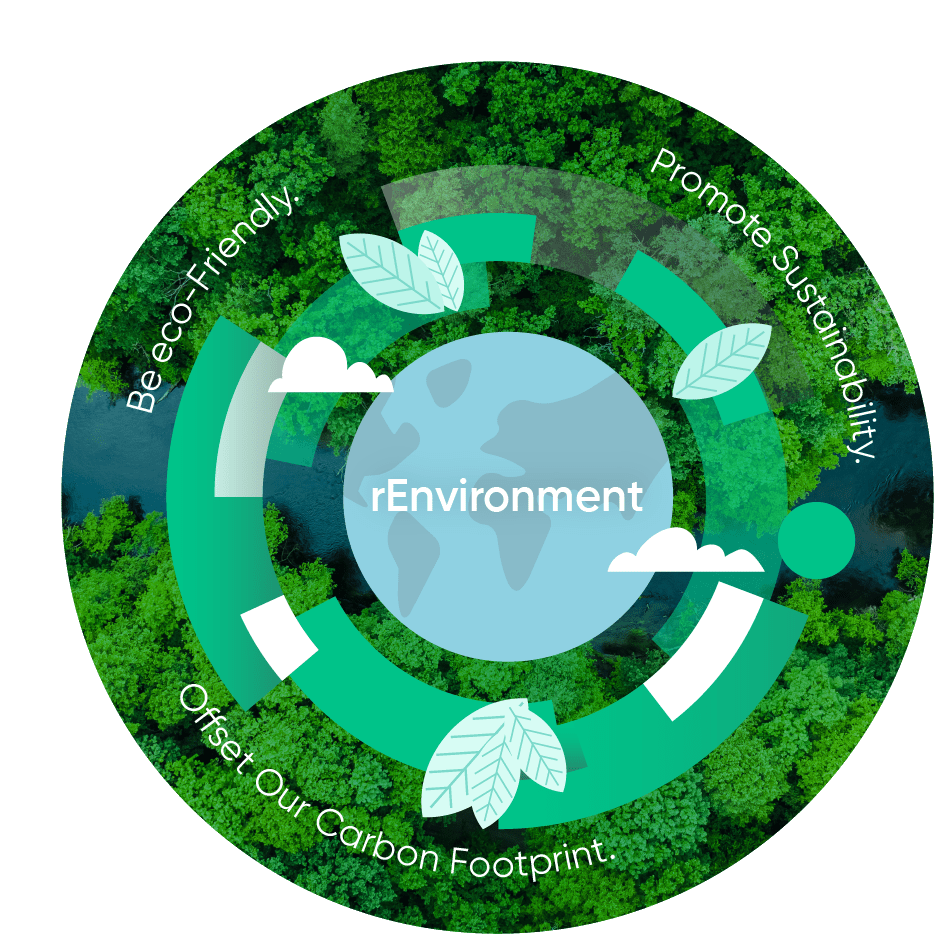It’s safe to say that 2022 has presented its challenges for the insurance sector. A significant rise in inflation, adverse weather patterns, talks of another recession, soaring energy prices, and a continued struggle to find promising Talent amidst the Great Resignation.
The many unpredictable events in 2022 have impacted this year’s Talent Predictions for the insurance industry, with many of last year’s Talent Trends remaining relevant for 2023.
There have been some substantial technological and societal shifts. DE&I is still very much front and centre as a hot topic. The acceleration of digitisation and the move towards smarter ecosystems continue to promote technical roles as the most advertised and sought requirements over any other area of the UK labour market. As pay, benefits, and remote/flexible working remain high on the employees’ priority list, some companies are pulling out all the stops, delivering strategies on individual purpose and values to get the competitive edge.





